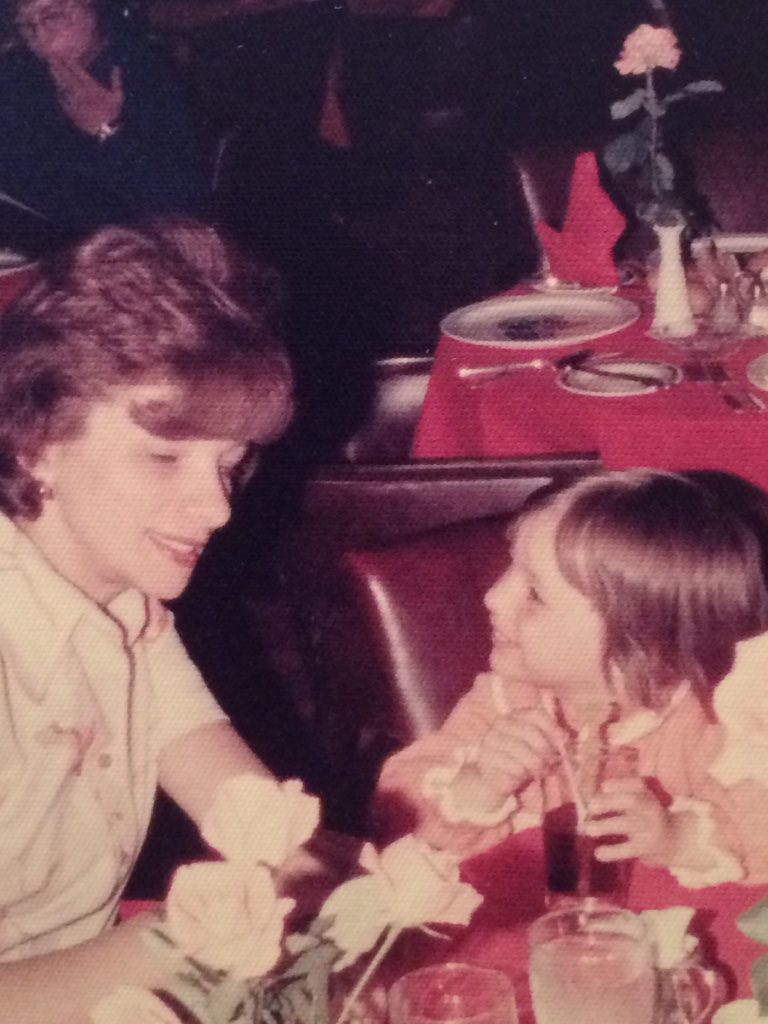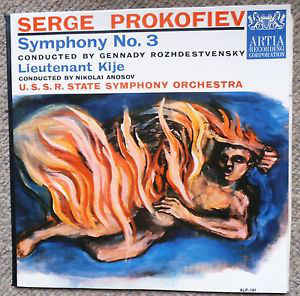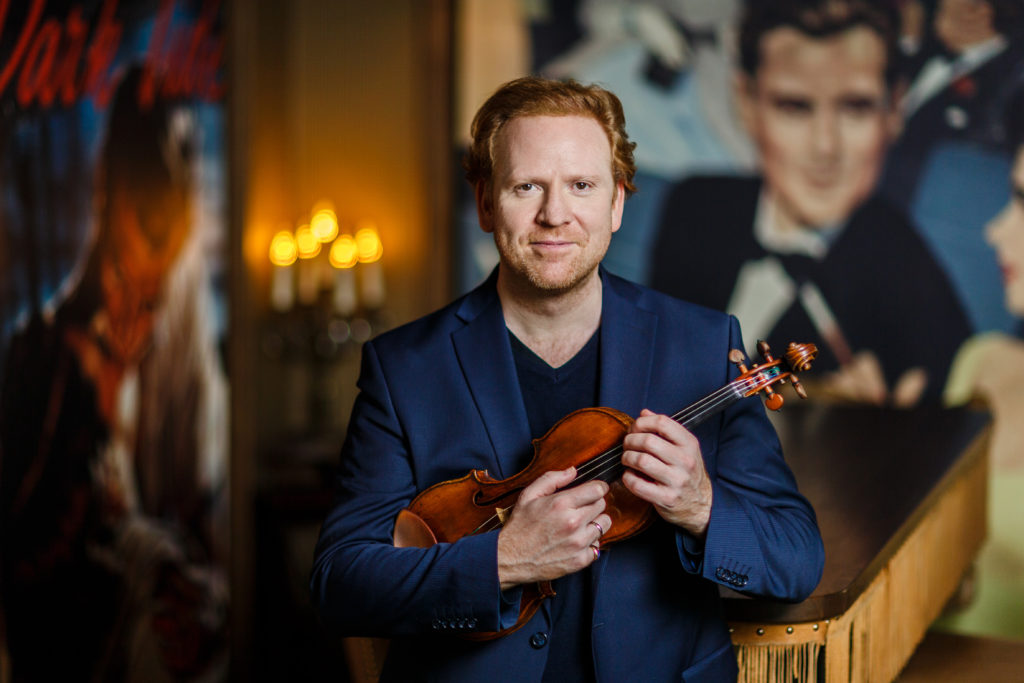Over the past month I’ve found myself strongly gravitating to things that satisfy my curiosity and simultaneously whet it further, amidst grappling with memories of cultural restriction. Such limits, imposed by an opera-loving mother, manifest themselves in the comfortably familiar, a tendency experienced as an adult amidst periods of non-travel (i.e. now). The dynamic tension between familiar ephemerality (laziness calling itself comfort) and explorations into the unfamiliar (sometimes difficult; always rewarding) has, over the past five weeks, become increasingly exhausting to manage. I try to ride the tension even as I make attempts to be less harshly judgemental toward myself in enjoying cat gifs/Spongebob Squarepants/Blazing Saddles alongside the work of Ludmila Ulitskaya/Moomins/Andrei Rublev. There may be room for both, but I’m also determined not to let laziness squash curiosity, a curiosity I frequently had to fight to defend and cultivate.
That curiosity has found wonderful exercise in select digital work. Sir Antonio Pappano exudes (as I have noted in the past) a natural warmth as befits someone who once hosted a four-part series for the BBC exploring classical music history through the lens of voice types. “What potential for a great opera!” he exclaims of a motif from Peter Grimes he’s just played on the piano, closing his latest video for the Royal Opera House, Covent Garden, of which the eminent maestro is Music Director. Amidst the recent glut of online material, this particular video was, when I first viewed it, a pungent reminder of my incomplete musical past, one that firmly did not feature the music of Benjamin Britten. My Verdi-mad mother would make a sour face if she happened to see the Metropolitan Opera or, closer to home, the Canadian Opera Company, was to feature certain operas (i.e. Peter Grimes, Wozzeck, Lulu) as part of their respective seasons. “That isn’t music,” she’d snarl, turning on the old stereo, where the voice of Luciano Pavarotti would invariably be heard, singing “Celeste Aida”, “La donna è mobile”, or any other number of famous arias. “That is music.”

Photo: mine. Please do not reproduce without permission.
Highly wary of anything perceived as too intellectual, my mother’s feelings (a word I use purposely) about what constituted good music were tied to traditional ideas about art from her being raised in a conservative time and place, in 1940s-1950s working-class Canada. I wasn’t aware of the influence of these things growing up; I only felt their effects, and strongly, for a long time. One feature of childhood is, perhaps for some more intensely than others, the desire for parental approval. Only in youth does one become better acquainted with a burgeoning sense of self that might exist outside so-called realities presented (and sometimes forcefully maintained) by parents. That I did not grow up with the music of Benjamin Britten, or Berg or Schoenberg or Shostakovich, nor distressingly large swaths of Strauss, Bruckner, Mahler, Wagner, or very much besides, is a source of continual bewilderment, frustration, and occasional shame, feelings more pronounced lately within an enforced isolation. There’s much to learn; sometimes catching up feels overwhelming, impossible.
Many of those feelings are owing to a restrictive and very narrow childhood musical diet consisting largely of what might be termed “The Hits” of classical music. “Things you can hum to!” as my mother was wont to say; the worth of a piece of music, to her mind, lay largely here. Many may feel this is not such a bad thing, and that to criticize it is to engage in some awful form of classical snobbery; I would beg to differ. It’s one thing to enjoy something for its own sake, but it’s another to feel that’s all there is, and moreover, to dismiss any other creative and/or historical contextualizing and to belittle related curiosities. (“You’re ruining the enjoyment,” was a phrase commonly heard in my youth (and beyond), another being: “Just enjoy it and stop picking things apart!”) Being raised around the work of Verdi, Puccini, Offenbach, and Bizet, and equally famous voices (i.e. Callas, Gobbi, Di Stefano, Corelli) set me on the path I now travel, and I’m grateful. I must’ve been one of the only suburban Canadian teenagers in the late 1980s and early 1990s to have seen Pavarotti, Freni, and Hvorostovsky live (and more than once) – but it’s frustrating not to be able to remember those performances in detail, and to not know who was on the podium, or who directed and designed those productions. Blame cannot be entirely laid at my mother’s (perennially high-heeled) feet; responsibility must surely be shared with young music instructors who, probably not unlike her, simply did were not in possession of the tools for knowing how to engage and encourage a big curiosity in a small person.
Anyone who has been through the conservatory system in Canada might be familiar with the sections that were required as part of their advancing in grade books. During the years of my piano study, they were (rather predictably) chronological – Baroque, Classical, Romantic, Modern – with selections from each to be played at one’s yearly (entirely terrifying) exams. To my great surprise, I found I not only had an intuitive knack for playing the work of modern composers, but enjoyed the experience. This happy discovery coincided, rather unsurprisingly, with my teen years, though I barely understood basic elements like chord progressions, resolutions, polyphony, dissonance – these things remained largely unexplained, unexamined notions, big words dribbled out in half-baked theory classes. I played triads and diminished 5ths and dominant 7ths, but I couldn’t tell you what they meant, why they were used, or how they related to the composition and its history.
 Still, I realized on some intuitive level, and partly through direct experience playing those modern works, that there was an entire cosmos I was missing. Exposure to world cinema confirmed that feeling, and led me to sounds that opened the door of discovery slightly wider; from there were trips to the local library for cassette rentals. Winter months found me alone in my bedroom, sitting on the floor, listening to the music of Prokofiev coming through my soup-can-sized headphones. This was definitely not Peter And The Wolf (which I’d loved as a small child), and though Cinderella was welcome… what would my mother make of Ivan the Terrible? Was it acceptable to play Queen’s “We Will Rock You” right after The Lieutenant Kijé Suite, or or George Michael’s “Faith” right before Alexander Nevsky? Did it make me awfully stupid and shallow? Did my intense love of dance music diminish or besmirch my desire to learn about what felt like its opposite? Was I not smart enough to understand this music? Was I always going to find certain works impenetrable? Should I stick with the tuneful things my mother would swoon over every Saturday afternoon?
Still, I realized on some intuitive level, and partly through direct experience playing those modern works, that there was an entire cosmos I was missing. Exposure to world cinema confirmed that feeling, and led me to sounds that opened the door of discovery slightly wider; from there were trips to the local library for cassette rentals. Winter months found me alone in my bedroom, sitting on the floor, listening to the music of Prokofiev coming through my soup-can-sized headphones. This was definitely not Peter And The Wolf (which I’d loved as a small child), and though Cinderella was welcome… what would my mother make of Ivan the Terrible? Was it acceptable to play Queen’s “We Will Rock You” right after The Lieutenant Kijé Suite, or or George Michael’s “Faith” right before Alexander Nevsky? Did it make me awfully stupid and shallow? Did my intense love of dance music diminish or besmirch my desire to learn about what felt like its opposite? Was I not smart enough to understand this music? Was I always going to find certain works impenetrable? Should I stick with the tuneful things my mother would swoon over every Saturday afternoon?
Rather than resolve any of this, I stopped playing the piano. For years I had been wheeled out like a trained monkey to entertain adults, and I yearned for cultural pursuits I could call my own. My intense love of theatre and words took over my once-passionate music studies, eventually manifesting in writing, publishing, producing, and performance. The irony that my return to music came through these very things is particularly rich, if also telling. Writing about music, examining libretti, observing people, listening to dialogue sung and spoken, meditating on how various aspects of theatre transfer (or don’t) to an online setting, contemplating audience behaviours and engagements with various virtual ventures that move past notions of diversionary entertainment and ephemeral presentation – these are things which awaken, inspire, occasionally infuriate but equally fascinate. In watching Pappano’s Peter Grimes video, I recalled my experience of seeing it performed live in-concert at the Enescu Festival in Bucharest last autumn (in a driving presentation by the Romanian National Radio Orchestra and Radio Academic Choir led by Paul Daniel), and to what extent my mother might have judged my enjoyment of that experience. I’m grateful to artists who whet my curiosity, replacing the comfortably familiar with the culturally adventurous.

Violinist Daniel Hope (Photo: Nicolas Zonvi)
Violinist Daniel Hope excels at this. As well as performing as soloist with numerous orchestras from Boston to Tokyo to London, Los Angeles, Chicago, Paris and Berlin, Hope is also the Music Director of the Zürich Chamber Orchestra, Music Director of the New Century Chamber Orchestra (in San Francisco), and Artistic Director of the historic Frauenkirche Cathedral in Dresden. In this, the 250th anniversary year of Beethoven’s birth, he also assumed a rather special role, that of President of the Beethovenhaus Bonn. He possesses a fierce commitment to new music. Hope’s current online series, Hope@Home (presented with broadcaster Arte), is recorded live in his living room in Berlin and has become something of an online smash since its debut in March, with over a million views on YouTube. The smart daily program offers a varied array of offerings, which, over the course of 30 episodes so far, have offered performances presented within a smart context of either personal memories or well-known anecdotes (or sometimes both), creative pairings, and affecting readings, not to mention an unplanned appearance by his Storm Trooper-masked children at a recent episode’s close. Many of the works featured on Hope@Home are reductions from their orchestral counterparts, in adherence to social distancing rules, with Hope, pianist Christoph Israel, and (or) guests performing at appropriate distances. Touching but never saccharine, the program frequently enlightens on both verbal and non-verbal levels, hinting at the alchemical trinity of curiosity, communication, and reciprocity that exists as part-and-parcel of music – indeed art itself – any and everywhere, in any given time, pandemic or not.
Hope’s guestlist has been engagingly eclectic, with figures from a variety of worlds, including director Robert Wilson giving an extraordinarily moving reading of an original work set to Hope’s intuitively delicate performance of the famous “Spiegel im Spiegel”, the utterly delightful actor Ulrich Tukur, who, in his second appearance recently, exchanged lines with Hope himself in a touching performance of the final scene of Waiting for Godot. Equally powerful was an earlier episode with director Barrie Kosky which featured a poignant reading from Joseph Roth’s novel The Hotel Years, preceded by the Komische Oper Berlin Intendant dedicating the reading to those who might be quarantining alone. (I shed a few tears of gratitude at hearing Kosky’s words; the experience of being seen, however figuratively, right now, cannot be underestimated.) Another recent episode featured a very moving musical partnership between Hope and pianist Tamara Stefanovich (and later featured baritone Mattias Goerne), while another found Hope reminiscing about his experience of knowing and working with violinist Yehudi Menuhin. A regular feature includes Hope’s sharing videos of musicians performing together yet separate from various organizations; one such share was a stunning performance of Rachmaninoff’s All-Night Vigil by the Netherlands-based choir Groot Omroepkoor. There’s a real understanding and love of the larger cultural ecosystem on display here, one that betrays a great understanding of the ties binding music, theatre, literature, and digital culture together. That understanding was highlighted with memorable clarity for Hope@Home’s 30th episode, which heavily featured Russian repertoire. The stirring combination of elements in the episode, which featured the music of Prokofiev, Rachmaninoff, Strauss, and (inspiringly) Schnittke, left strange, and strangely familiar anxieties over old questions, with an odd, older-life twist: am I smart enough to understand this music now? Is this really so impenetrable? What things should I be studying? Listening to? How should I contextualize this? What is missing? Will I remember the things I learn, and will be learning?
Curiosity, discipline, focus, commitment: these are the tenets one tries to abide by, even as one allows for falling off the track every now and again with Spongebob and Lily von Schtupp. Such ambitiousness isn’t related to any idea of worthiness vis-a-vis productivity (not that I don’t have some experience of the profound connection between perfectionism, workaholism, and depression) , so much as taking advantage of the lack of outer distraction, and engaging in what author Dr. Gabor Maté has termed “compassionate inquiry.” Indeed, this piece itself, inspired by various inspiring video posts, might qualify as a valid manifestation of that very inquiry. How much we will absorb what we are learning now, in this time, consciously or not? Whither enlightenment, empathy, inspiration? We may scratch at the door of transcendence, but we are seeking respite, comfort, reassurance, and for many, familiarity. It is rare and very special for me to experience things which are curiosity-inspiring but equally comforting within the digital realm, to swallow lingering awkwardness and allow myself the permission to admit and embrace my cultural curiosity through them, and to have them inspire a reconsideration of the past, one that leads to forgiveness, acceptance, and a fortifying of commitment to that path’s expansion. To tomorrow. To curiosity.

Julian Sale
Beautifully written.
As a child, I had little exposure to music and as a result, music had not been a significant factor for much of my life. In the last few years of retirement, I have explored and enjoyed, music much more. And now with Covid-19, even more so. Your writings have opened several new and exciting windows for me. Thank you.